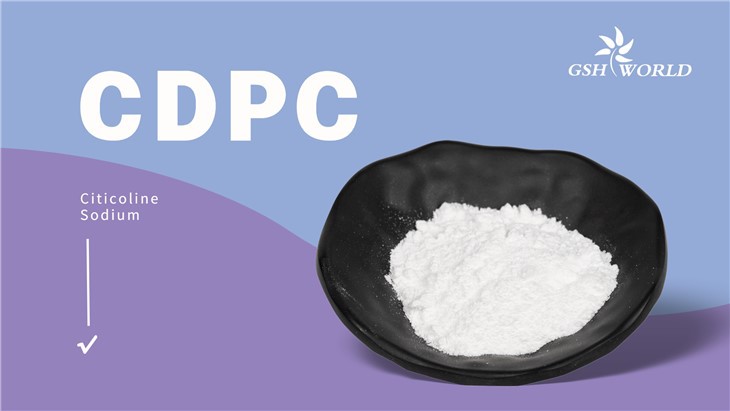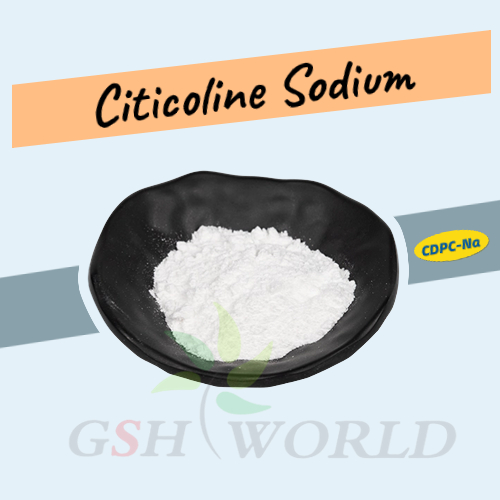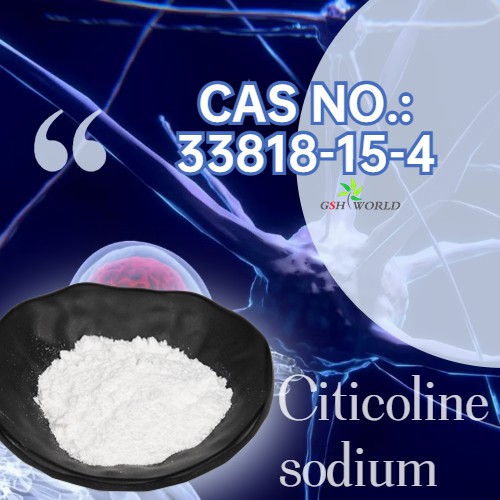Research introduction
This study provided an in-depth look at the impact of middle cerebral artery stenosis on cognitive function in patients and evaluated the effectiveness of citicoline sodium tablets in ameliorating these impairments.
Through a carefully designed experimental protocol, we selected 80 patients with middle cerebral artery stenosis and grouped them according to whether they were accompanied by cerebral infarction.
A control group of 80 healthy individuals was also set up to more accurately assess changes in cognitive function.
During the study, we used a comprehensive neuropsychological test, including the Simple Mental State Examination Scale (MMSE), memory, executive ability, information processing speed, attention and structural ability, to comprehensively assess the cognitive function status of patients.
After 12 weeks of clinical observation, we found that patients with middle cerebral artery stenosis had different degrees of cognitive impairment before and after cerebral infarction.
Encouragingly, after treatment with citicoline sodium tablets, patients showed significant improvements in cognitive function, especially in verbal memory, visual memory, executive ability, and structural ability.
This finding not only confirms the close link between middle cerebral artery stenosis and cognitive impairment, but also demonstrates the potential and value of citicoline sodium tablets in the treatment of such patients.
Part 1 Research background
The brain is one of the most important organs of the human body, and the middle cerebral artery is the main blood supply vessel of the brain, which plays an irreplaceable role in the function of the brain.
Middle cerebral artery stenosis is a growing health problem due to aging, poor lifestyle habits, and a variety of other factors.
Middle cerebral artery stenosis will not only lead to insufficient blood supply to the brain, which will lead to serious diseases such as cerebral infarction, but also have a profound impact on the cognitive function of patients.
It is of great clinical significance and practical value to explore the relationship between middle cerebral artery stenosis and cognitive function change, and to find effective treatment methods.
Part 2 Materials and methods
01 Research Materials
1, Subjects: A total of 80 patients with middle cerebral artery stenosis were selected in this study and divided into a stenosis group without infarction (41 cases) and a stenosis group with infarction (39 cases) according to the presence or absence of cerebral infarction.
Another 80 healthy subjects were selected as control group. All participants signed an informed consent form before the study began and underwent a detailed physical examination and medical history.
2, Research methods
(1) Neuropsychological test
A comprehensive neuropsychological test was performed on all participants, including the Mini-Mental State Examination Scale (MMSE), memory, executive ability, information processing speed, attention, and structural ability. During the testing process, standard operating procedures are strictly followed to ensure the accuracy and reliability of the data.
(2) Treatment methods
Patients with cognitive dysfunction treated with citicoline sodium tablets for 12 weeks. Citicoline sodium tablets commonly used as brain protective agents, which can improve brain blood circulation, promote nerve cell metabolism and repair damaged nerve cells. During the treatment process, we pay close attention to the changes in the patient’s condition and adjust the treatment plan as needed.
(3) Evaluation of curative effect
At the end of treatment, neuropsychological tests performed again on all participants to assess the improvement of citicoline sodium tablets in patients’ cognitive function. We statistically analyzed the cognitive function scores of patients before and after treatment, and compared the differences.
02 Evaluate indicators
The main assessment measures included MMSE, ADL and CDR scores.
MMSE used to assess the patient’s cognitive function, ADL used to assess the patient’s ability to perform activities of daily living, and CDR used to assess the degree of dementia. At the same time, the adverse reactions of patients during treatment recorded to evaluate the safety of treatment.
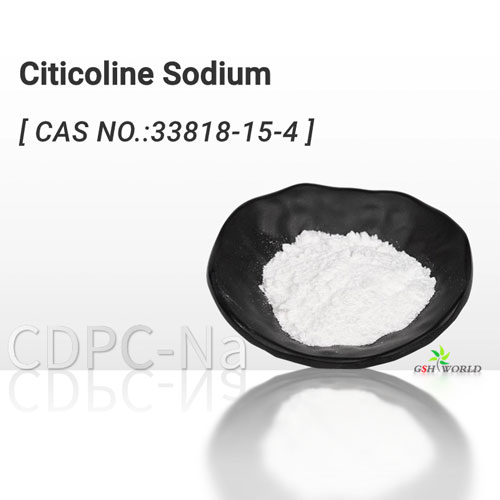
Part 3 Research and discussion
Middle cerebral artery stenosis is a common cerebrovascular disease, which has a significant impact on the cognitive function of patients.
Through a comprehensive neuropsychological test, this study found that patients with middle cerebral artery stenosis had varying degrees of cognitive impairment before and after cerebral infarction.
This may be related to the lack of blood supply to the brain caused by the stenosis of the middle cerebral artery, the damage of nerve cells and the disorder of neurotransmitter metabolism.
For the treatment of cognitive impairment in patients with middle cerebral artery stenosis, this study adopted citicoline sodium tablets for 12 weeks of regular treatment.
Citicoline sodium tablets, as a common brain protective agent, can improve brain blood circulation, promote nerve cell metabolism and repair damaged nerve cells.
Through the results of this study, it can seen that citicoline sodium tablets have a significant effect on the improvement of cognitive function in patients with middle cerebral artery stenosis.
This may be related to the fact that citicoline sodium tablets can improve the brain blood circulation, enhance the metabolic capacity of nerve cells and promote the repair of nerve cells.
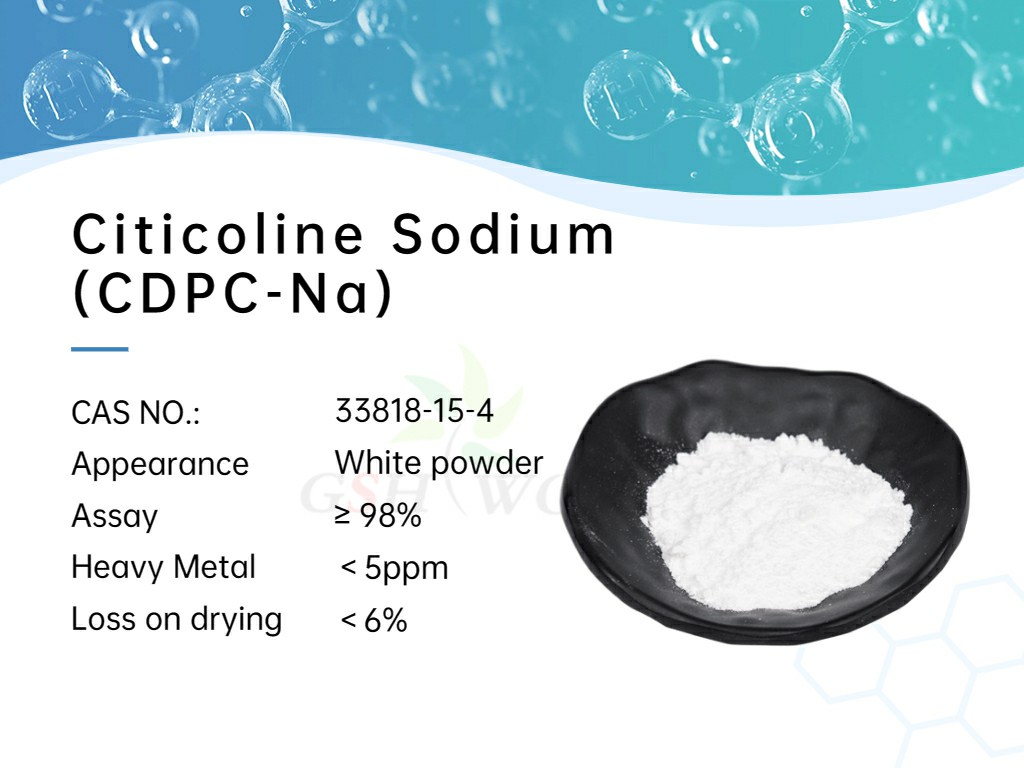
Part 4 Research conclusion
Middle cerebral artery stenosis, as a common cerebrovascular disease, may not only lead to serious consequences such as cerebral infarction, but also have a significant negative impact on the cognitive function of patients before and after the occurrence of cerebral infarction.
A number of studies have shown that such patients before or after cerebral infarction, there will be varying degrees of cognitive function damage, such as memory loss, slow thinking, distraction, etc., which seriously affects the quality of life of patients.
In response to this challenge, citicoline sodium tablets have shown their unique efficacy. As an effective brain protectant, Citicoline sodium tablets can significantly improve cognitive impairment in patients with middle cerebral artery stenosis by improving cerebral blood circulation, promoting nerve cell metabolism and repairing damaged nerve cells.
In clinical practice, citicoline sodium tablets can regarded as an important means to treat such patients with cognitive impairment.
At present, the specific mechanism between middle cerebral artery stenosis and cognitive function changes is not completely clear.
Literature source:
[1] Pu Suying, Zhao Yuwu. Cognitive function changes in patients with middle cerebral artery stenosis and the effect of citicoline sodium tablets [J]. Journal of Brain and Neurological Diseases,2014,22(01):4-11.

